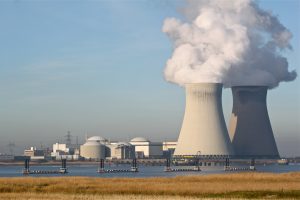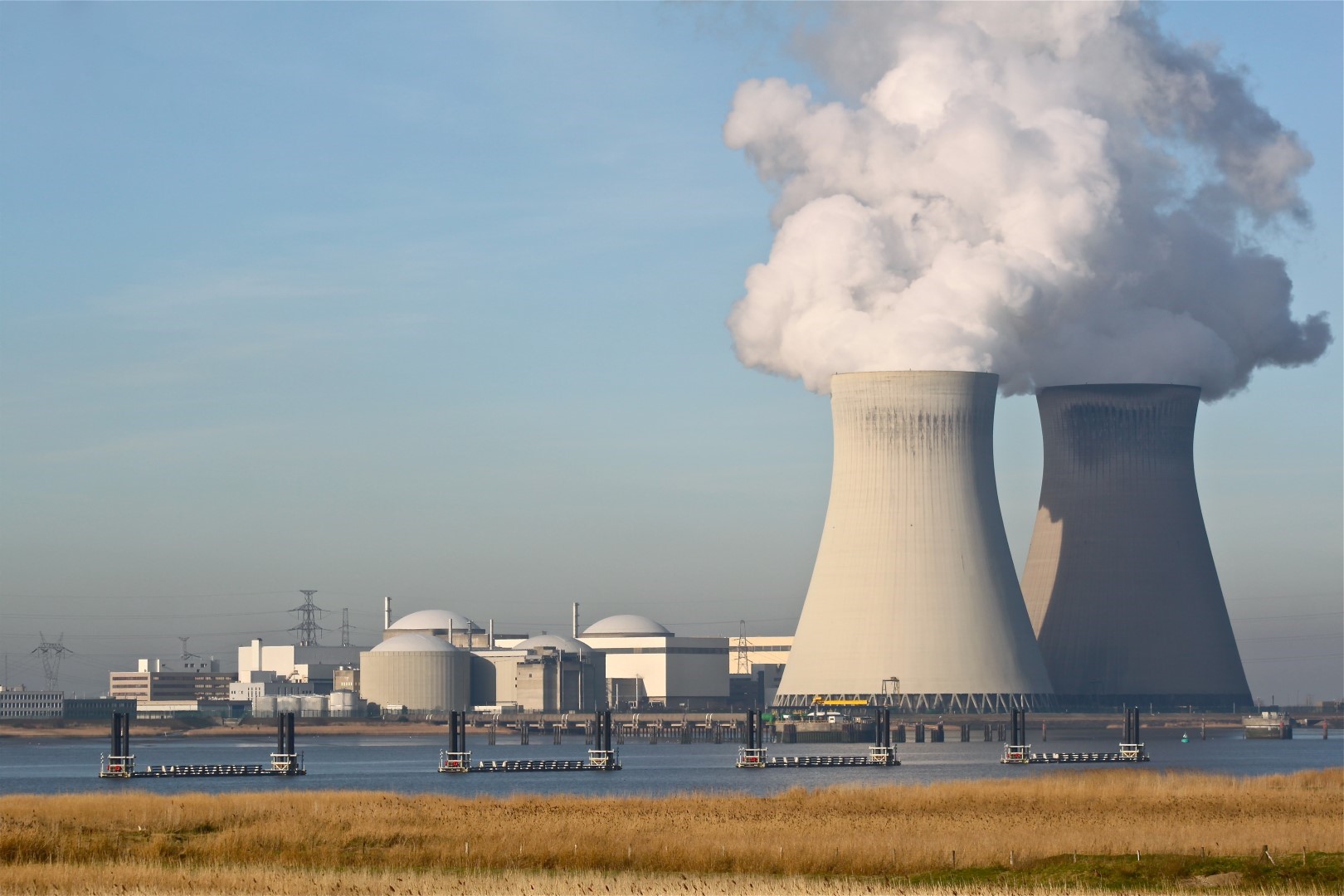
The UK Nuclear Energy Industry
At the moment, Britain is home to 15 nuclear reactors that generate almost 25% of our electricity, however government plans will see this reduce by 50% in capacity by 2025, and replace the old system of large, centralized power plants with a wider network of mini reactors. These ‘mini reactors’ will provide a third less energy than today’s giant plants.
How does nuclear energy work?
A nuclear power plant produces electricity in much the same way as the other power plants – creates heat to boil water, which then makes steam which drives a turbine and generates electricity. However, one of the biggest differences between a nuclear power plant fuel and other plants are heat sources. Nuclear power plants utilise uranium and generate heat via a method called fission. Splitting an atom causes fission to occur and this is done safely inside a nuclear reactor. Which is why operations are tightly controlled and the highest quality industrial equipment must be used. High quality components like valves from a Valve Manufacturer at a site like https://www.orseal.com/
Is nuclear energy safe?
The nuclear power industry is a very mature industry in compared to renewable energy sources, such as solar, wind and hydro power. These energy industries are still relatively new and require large amounts of resources and knowledge before plants are actually installed.
After sixty years of nuclear power, it has been proven to be a safe means of power generation, and the risk of accidents at nuclear power plants is low and declining. According to the International Atomic Energy Agency (IAEA), the possibility of a national nuclear accident is very rare with the technology in use today.
Is nuclear energy expensive?
Although nuclear power relies on uranium as opposed to renewable energy sources, it is very reliable because it does not depend on varying environmental conditions. Nuclear power also has many economic advantages, in comparison to energy plants that run on fossil fuels – a new plant, for example, is expected to run at least 60 years and are usually less expensive to run than fossil fuel powered plants.
The start of construction and the cost of nuclear waste disposal are two of the largest costs faced by nuclear power plants which are unavoidable, however nuclear power produces a million times more electricity than fossil fuel plants. In addition, due to lower transmission costs per kilowatt-hour of power, nuclear reactors are 15-40% cheaper than wind power and up to 80% cheaper than solar energy.
Is nuclear energy environmentally friendly?
The greenhouse effect is a common concern throughout the world. According to the Nuclear Industry Association, for each kilowatt-hour of nuclear electricity that is produced, only 5g of carbon dioxide is released, compared with about 365g emitted from gas power stations, or 900g from coal-fired power station. Nuclear power is not polluting and can indeed be considered as ‘green energy’ itself.


Leave a reply